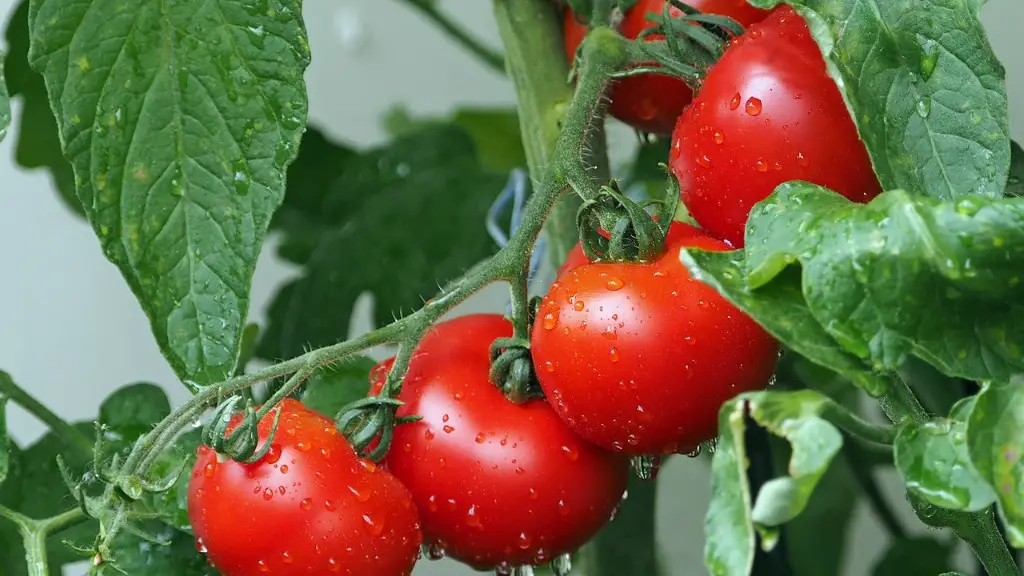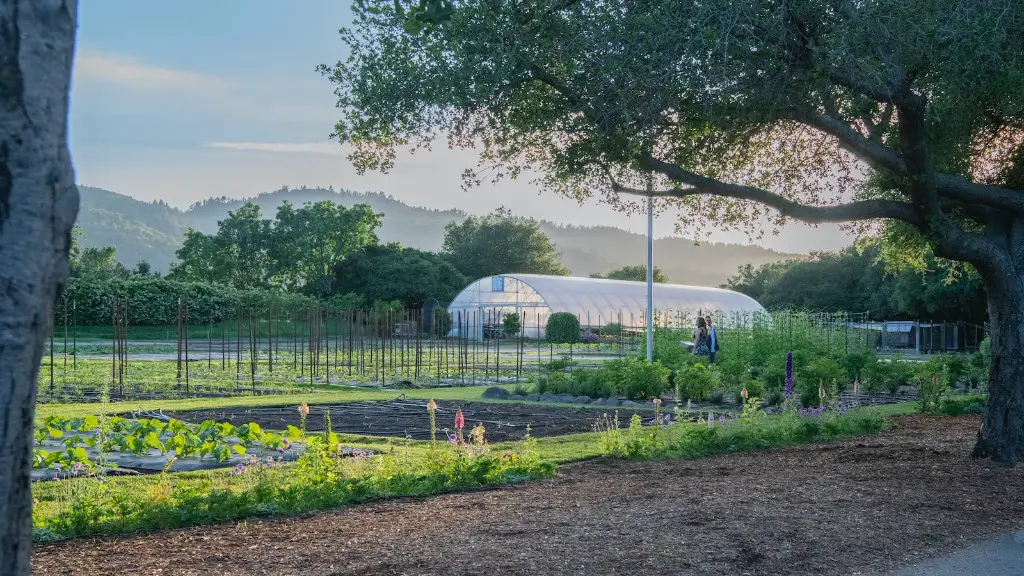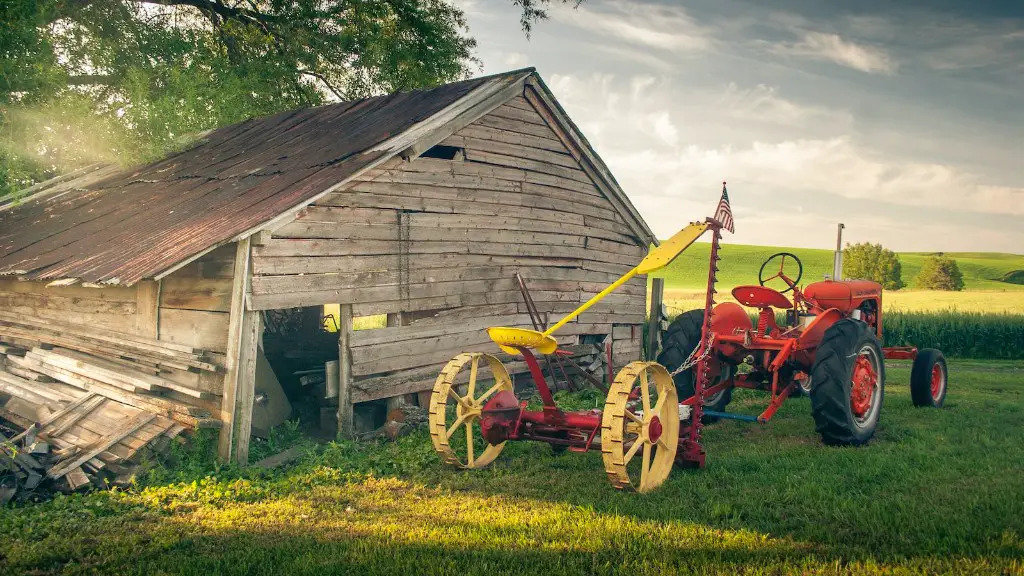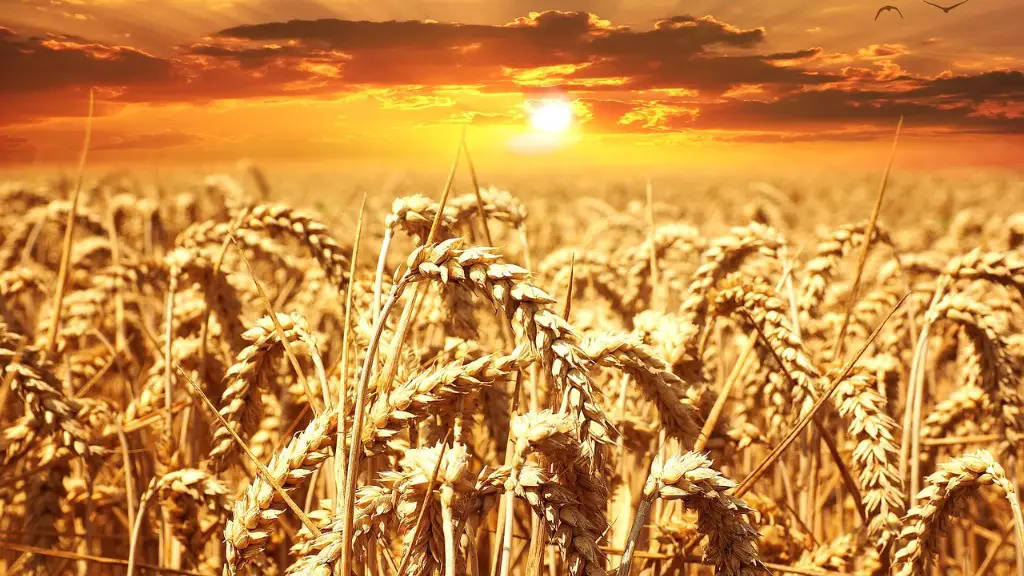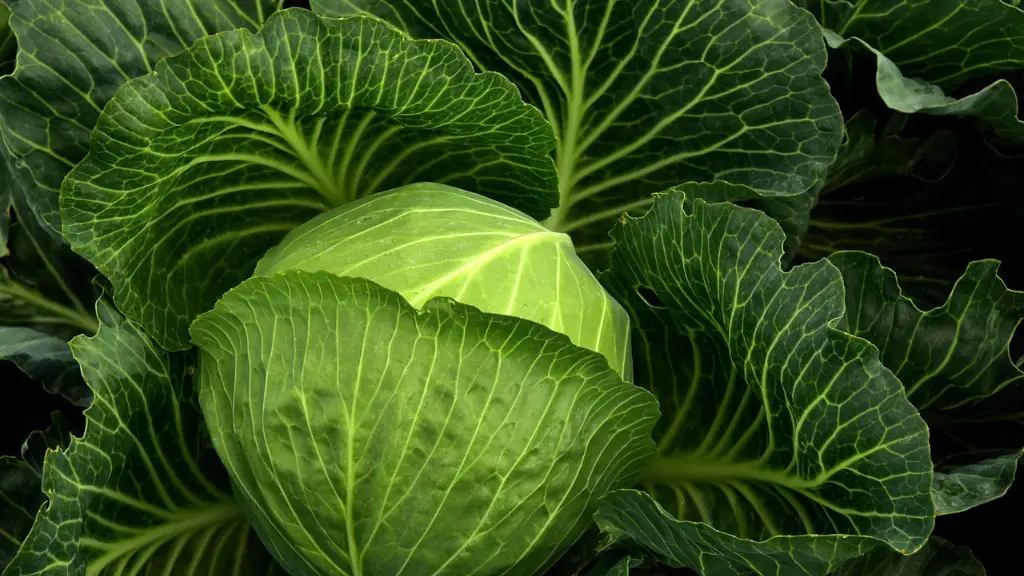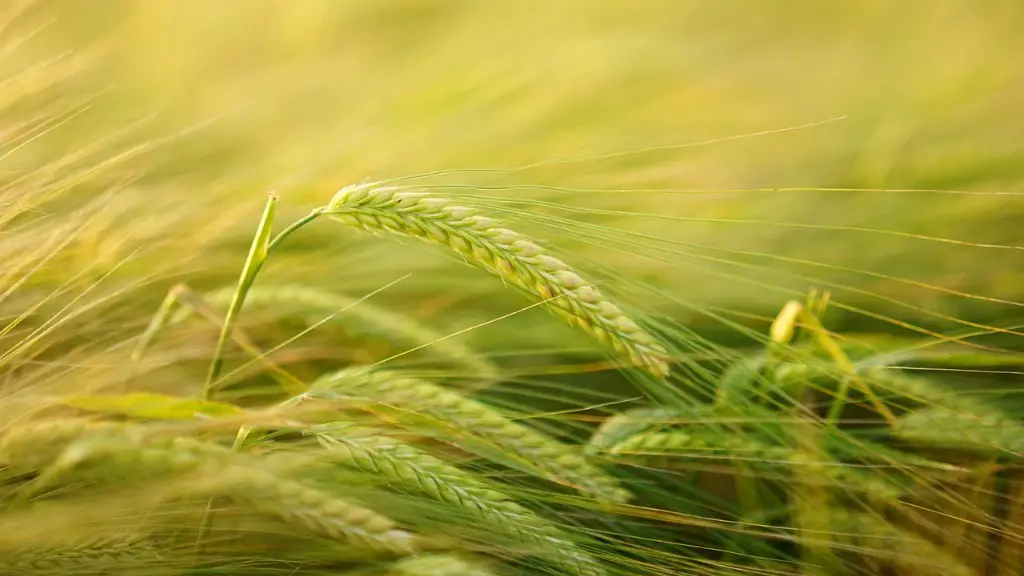Hydroponics is a type of agriculture where plants are grown in a water-based solution instead of in soil. This method can be used to grow plants in a variety of settings, including in greenhouses, on rooftops, and indoors. Hydroponics can be an efficient and sustainable way to produce food, as it requires less water and land than traditional agriculture.
Hydroponics is a form of agriculture where plants are grown in a water-based solution instead of in soil.
What type of agriculture is hydroponics?
Hydroponics is a great way to grow plants without the use of soil. The plants are grown in a water-based nutrient solution, which means they don’t need to be planted in soil. This method can be used by small farmers, hobbyists, and commercial enterprises.
Hydroponic farming is a type of agriculture where plants are grown in a controlled environment without the use of soil. This type of farming is often referred to as “indoor farming” or “controlled environmental agriculture.” Hydroponic farming allows farmers to control the growing environment of their plants, which results in higher yields and higher quality crops.
What is the difference between hydroponics and regular agriculture
Hydroponic systems are a great way to grow plants quickly and efficiently. The reason for the increased growth rate is because plants are provided with the perfect amount of nutrients and are less stressed from the environment. These systems are perfect for those who want to get the most out of their plants.
Hydroponics is a method of growing plants using mineral nutrient solutions, in water, without soil. Terrestrial plants may be grown with only their roots exposed to the mineral solution, or the roots may be supported by an inert medium, such as perlite or gravel. The nutrients in hydroponics can be from an organic source, such as compost, or they can be synthetic.
The main advantages of hydroponics over traditional soil-based crop production are:
-Up to 90% more efficient use of water
-Production increases 3 to 10 times in the same amount of space
-Many crops can be produced twice as fast in a well-managed hydroponic system
Is hydroponics controlled environment agriculture?
Controlled environment agriculture (CEA) is a type of agriculture where growers use technology to manipulate a crop’s environment to desired conditions. Greenhouses, aquaculture, hydroponics, and aquaculture are all examples of controlled environment agriculture.
A hydroponic farmer can expect to earn a salary of $43,753 per year in the United States area. This is an average salary, with the average being $40,951 per year.
Is hydroponic farming tax free?
According to GST law, there is no GST payable on agricultural implements animal-driven. So the rate of GST payable on agricultural implements hydroponic farming is nil rate.
1) The lack of organic certification – Because hydroponics is a relatively new method of growing plants, it is not currently certified by the USDA as an organic method. This could change in the future, but for now, it means that hydroponics-grown plants cannot be labeled or sold as organic.
2) The complexity of hydroponics – Hydroponics can be a complex growing method, with many different variables that need to be carefully monitored and controlled. This can be difficult for inexperienced growers, and even more so for those who are not particularly knowledgable about plants and gardening in general.
3) High initial startup cost – Hydroponics systems can be expensive to set up, especially if you are looking for a professionally-made system. This highinitial cost can be a barrier for many people who are interested in trying out hydroponics.
4) Lack of awareness and accessible technical knowledge – Because hydroponics is not as well-known as other methods of growing plants, there is a lack of awareness and accessible technical knowledge about it. This can make it difficult for people to get started with hydroponics, and to troubleshoot problems that they may encounter.
5) Higher continuous maintenance and
What are the 3 main disadvantages of hydroponic farming
The main disadvantages of hydroponics are that it requires a more strict control of irrigation, and the cost of installation is higher.
Hydroponics is a great way to grow plants, but there are a few common problems that can occur. Root rot, mold growth, and plant leaf issues can all be a hassle. But don’t worry, there are ways to fix them!
Root rot is a common problem with hydroponics. It’s caused by too much water and not enough oxygen in the roots. The best way to fix it is to add more aeration to the system. You can do this by adding an air stone or creating more airflow.
Mold growth can also be a problem in hydroponics. It’s usually caused by too much humidity. The best way to fix it is to make sure your grow room is well ventilated. You can also use a dehumidifier to help with this.
Plant leaf issues can be caused by a few different things. One is nutrient deficiencies. Make sure you are using a good quality nutrient solution and that your plants are getting enough light. Another possibility is that the leaves are being burned by the lights. If this is the case, you will need to move the lights further away from the plants.
Pests can be a big problem in hydroponics. The best way to prevent
Why is hydroponics better than farming?
Hydroponic systems are a great way to conserve water, as they can use up to 10 times less water than traditional field crop watering methods. Water in a hydroponic system is captured and reused, rather than allowed to run off and drain to the environment. This makes hydroponic systems a great option for those looking to reduce their water usage.
Hydroponics systems are an innovative way to farm, but they come with a higher price tag. While hydroponic farming can reduce water usage and farming footprint, if not done properly, it can still contaminate groundwater. Additionally, hydroponic produce often costs more for consumers. Though it can be argued that the quality of hydroponic produce is higher, it is also susceptible to disease if pests or other foreign entities infect the system water supply.
Is hydroponic farming healthy
Hydroponics is a great way to grow vegetables while being gentle on the environment. Not only does hydroponics use less water than traditional gardening, but it also doesn’t require the use of pesticides or other chemicals. This makes it a more sustainable option that is better for both your health and the environment. In addition, hydroponic gardens can help to improve air quality by filter out pollutants and providing oxygen.
Hydroponic farming is a method of growing plants in a water-based, nutrient-rich solution. It is a highly profitable form of agriculture that can be done in a small space and in any season or weather condition. Hydroponic vegetables are highly accurate and balanced in fibers, minerals, and vitamins. They are also free of pesticides and herbicides. This makes them safer to eat than conventionally grown vegetables.
Does hydroponic agriculture use pesticides?
Soilless growing, or hydroponics, is a method of growing crops in a solution of minerals and chemicals, rather than in soil. Just as with conventionally grown crops, growers often use synthetic pesticides on crops grown hydroponically.
Pesticides are used in hydroponic crop production to control a wide variety of pests, including insects, weeds, fungi, and bacteria. While pesticides can be effective at controlling these pests, they can also pose risks to human health and the environment.
For example, many pesticides are toxic to humans and can cause health problems if they are not used properly. Pesticides can also contaminate groundwater and surface water, and harm wildlife.
To minimize the risks posed by pesticides, growers should only use them when necessary and should follow all label instructions carefully.
Hydroponics is a method of growing plants using only water and nutrients, without soil. This type of farming is usually done indoors, using artificial light such as LEDs, and is a great way to produce a wide variety of plants, including herbs, tomatoes, lettuce, peppers, vegetables, and fruits.
Final Words
Yes, hydroponics is a type of agriculture where plants are grown in a water-based solution instead of in soil.
While hydroponics agriculture has many benefits, it also has some drawbacks. One of the biggest drawbacks is the high cost of setup and maintenance. Hydroponics agriculture also requires a lot of attention and care. If you’re not careful, your plants can quickly become stressed and die.
